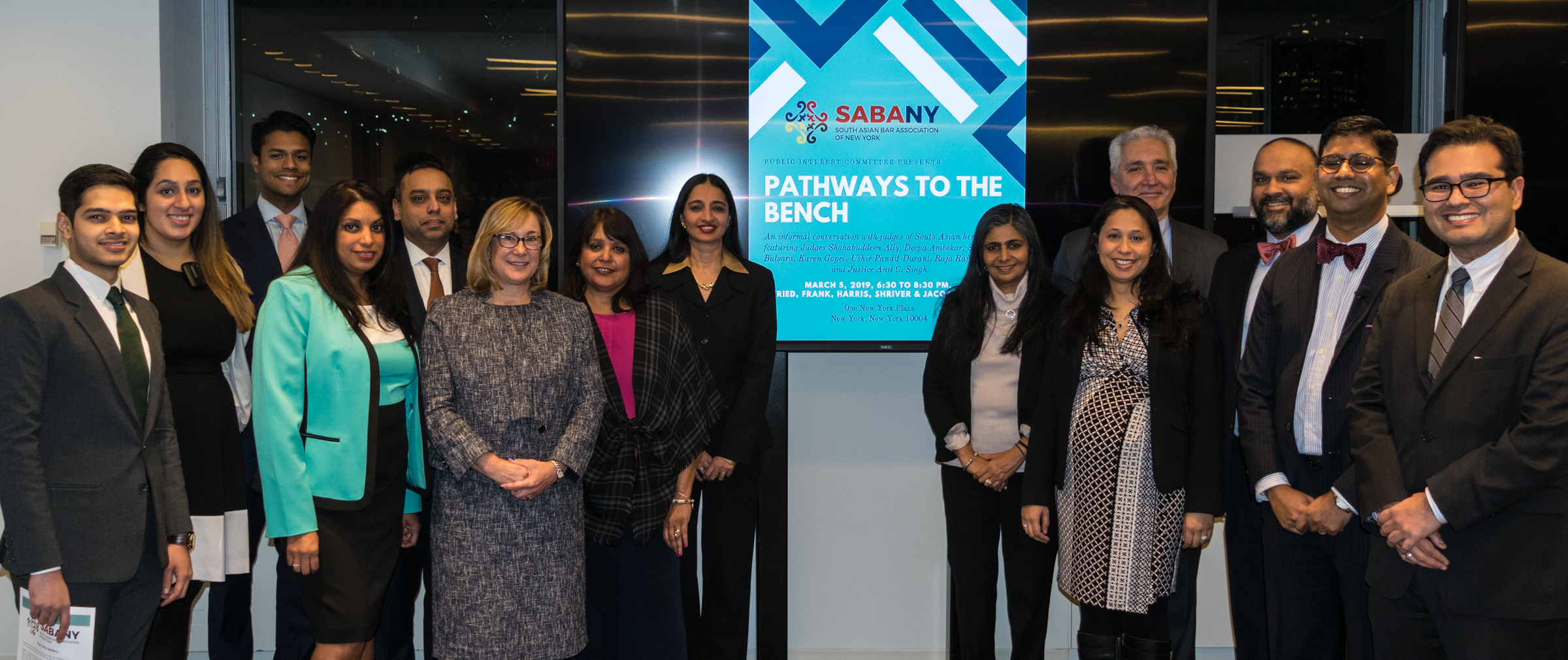Trailblazing judges map out pathway to bench at South Asian Bar Association meeting

The South Asian Bar Association of New York at a meeting on March 5 hosted a group of judges who discussed their path to the bench and took questions from members who are also interested in becoming judges.
Two of those judges happened to be Brooklyn trailblazers — Hon. Sanket Bulsara, the first judge of Indian-American descent to sit as a magistrate judge on the U.S. District Court for the Eastern District of New York; and Hon. Deepa Ambekar, the first female trial court judge of Indian-American decent in Brooklyn.
The other judges on the panel included Hon. Anil Singh, Hon. Ushir Pandit-Durant, Hon. Shahabuddeen Ally, Hon. Raja Rajeswari and Hon. Karen Gopee. Austin D’Souza served as the moderator for the event, which took place at the Fried Frank law firm.

Brooklyn Boro
View MoreNew York City’s most populous borough, Brooklyn, is home to nearly 2.6 million residents. If Brooklyn were an independent city it would be the fourth largest city in the United States. While Brooklyn has become the epitome of ‘cool and hip’ in recent years, for those that were born here, raised families here and improved communities over the years, Brooklyn has never been ‘uncool’.